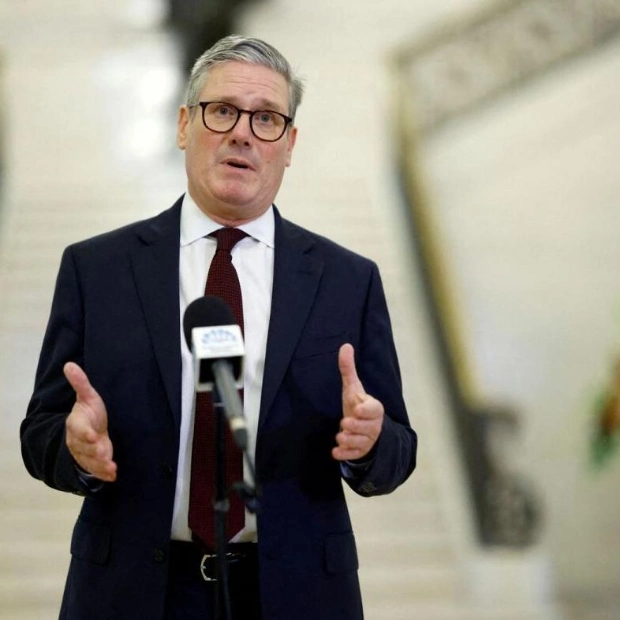Republicans in the US Congress are considering a two-step plan to advance President-elect Donald Trump's agenda when they assume control of both chambers next year. The plan could begin with initiatives on border security, energy, and defense, followed by tax cuts. Incoming Senate Majority Leader John Thune, whose party will hold a 53-47 majority, outlined this strategy in a private party meeting on Tuesday, which included input from Trump himself. The plan aims to employ a parliamentary tactic to bypass the Senate's filibuster rule, which requires 60 senators to agree on advancing most legislation.
According to the Senate's proposal, the initial bill would concentrate on Trump's priorities for border security, energy deregulation, and defense spending. The subsequent bill would extend the tax cuts from the 2017 Tax Cuts and Jobs Act, which are set to expire next year. Thune informed reporters that the plan represents 'options, all of which our members are considering.'
To implement Trump's agenda, the Senate must collaborate closely with the president-elect and the House of Representatives, which is anticipated to have a slim Republican majority. House Speaker Mike Johnson, who attended the Senate Republicans' meeting, stated, 'We were always planning to do reconciliation in two packages. So we're discussing right now how to allocate the various provisions, and we're making those decisions over the next couple of days.'
Johnson also mentioned that Congress is likely to pursue a continuing resolution to fund federal agencies until March, as current funding is due to expire on December 20. Before proceeding with the first reconciliation bill, the House and Senate must agree on a budget resolution to utilize the reconciliation tool, which they plan to use to bypass the filibuster. Aides hope to achieve this by the end of January and aim to complete the first bill by March 31.
Republican Senator Mike Rounds noted, 'We have the trifecta for two years. About 18 months is all we're really going to have to really get things done.' Democrats also relied heavily on reconciliation to pass legislation during the first two years of President Joe Biden's term. Republican Senator Rand Paul, a fiscal hawk, expressed concerns about the plan's cost, stating, 'This is not a fiscally conservative notion.'
Extending Trump's tax cuts for individuals and small businesses would add $4 trillion to the current $36 trillion in total U.S. debt over 10 years. Trump also promised voters substantial new tax breaks, including eliminating taxes on Social Security, overtime, and tip income, and restoring deductions for car loan interest. The cost is expected to reach $7.75 trillion above the CBO baseline over 10 years, according to the Committee for a Responsible Federal Budget, a non-partisan fiscal watchdog group.
Source link: https://www.khaleejtimes.com






